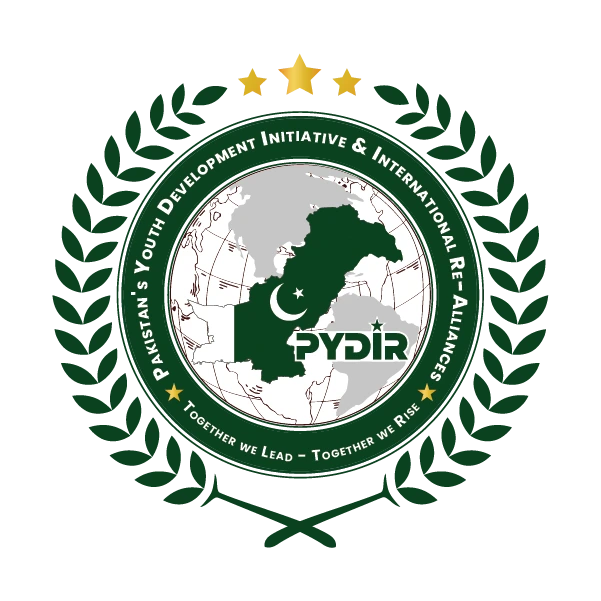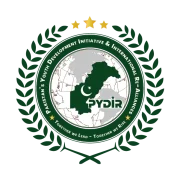Abdul Basit is a retired diplomat of Pakistan who has worked as a former high commissioner of Pakistan to India. He was previously Pakistan’s ambassador to Germany and is currently DG, Islamabad Center for Regional Studies. The relationship between Pakistan and Russia has evolved over time. This relationship has been affected by several factors, especially geographical. In recent years, the Ukraine conflict, being a significant international issue, has had various consequences for the relationship between Pakistan and Ukraine. Pakistan has been neutral in this conflict but has always opposed aggressions on a sovereign nation. Abdul Basit has written an article on Arab news related to the Ukraine war and the future and impacts of this war on the relationship between Pakistan and Russia.
The author has begun mentioning the time when the then prime minister of Pakistan, Imran Khan, visited Russia, and Russia invaded Ukraine on the same day. Imran Khan went on an official trip to Russia on February 22–23, 2022. He met the president of Russia, Vladimir Putin, in the Kremlin, and meanwhile, there was an invasion of Ukraine by Russia. Both Washington, DC, and London asked Imran Khan before to postpone his visit to Russia, but Imran Khan didn’t postpone as he feared that this might be a cause of embarrassment for Pakistan as this trip was planned before. But if we see the other side of the picture, Putin could have postponed his invasion of Ukraine, but he didn’t, as if he wanted to embarrass Pakistan. Abdul Basit has presented the view diplomatically. But subsequently, as all the events took place at the same time, Imran Khan had to face the disregard not only from all around the world but also from the opposition within the country. It has always been observed throughout history that Pakistan has always supported the sovereign states and has opposed suppression and aggression against them. Now, the author of this article has also presented Khan’s stance on it, as Khan himself is of the view that he has been removed from power because he didn’t agree to work under the US, and probably this was a repercussion of his independent foreign policy that he agreed to buy oil and wheat from Russia at discounted prices.
There have been severe shifts in the relationship between Pakistan and Russia, as the relationship between both countries is moving at quite a slow pace. After the end of the Cold War, where the Soviet Union disintegrated, Pakistan tried to develop bilateral ties and agreements with Russia at various moments. But that has been a sort of reluctance shown by Russia, as their president, Putin, was to visit Pakistan in 2012, but he didn’t come; instead, he sent one of his foreign ministers to Pakistan in October 2012. The author has also explained one of the behaviours of Moscow: that Russia always tried to take each step very cautiously and consciously, as it seemed that they were careful that not a single action of theirs would offend India. It was only once in 2007 that the then prime minister of Moscow, Mikhail Fradkov, visited Pakistan. Pakistan and Russia also had an intergovernmental commission on trade and economic cooperation, and trade has remained about $500 million. The author has put a question to himself about the unpredictable behaviour of Russia, saying that even if the Ukraine war ends, no one can predict whether Russia will side with India or Pakistan. keeping in view the various historic events like 9/11 and the US action in Afghanistan. Moscow provided four combat helicopters (MI-35) to Pakistan, although this gesture was not well appreciated by New Delhi. The helicopters were given to Pakistan with the proper explanation that Pakistan will not use them against any other country, and that they were given to them to protect themselves against terrorism.
Abdul Basit writes that there were several projects that were designed to be operated by Russia in Pakistan but they never started, for instance, the project of the construction of a 1100 km Pakistan stream gas pipeline from Karachi to Kasur and also the upgrade of the steel mills in Karachi by Russia. Giving an insight on the future of the relationship between Pakistan and Russia, the author has predicted that now Russia has several unilateral sanctions. Now, the future of the relationship between Pakistan and India does not seem to be optimistic. Pakistan has now created several ties with western countries for economic assistance, and this has left a narrow space to have bilateral ties with Russia. Pakistan’s goal now is to repair its relations with the US, and it is careful in the sense that none of the acts from Pakistan towards Russia could trigger CAATSA. Now there are various perspectives. The author is of the view that the future of the Ukraine war and the relations between Pakistan and Russia are a bit unpredictable. But if the war ends, we cannot predict whether Russia will de-hyphenate its relations with Pakistan. Moreover, there are some people who are of the view that this is a plan of Russia that is keeping diverse and complicated relations with Islamabad in order to put New Delhi under pressure, which would ultimately constrain the US-India strategic partnership.
Constraints have been seen on both sides, and it is correct that there are no permanent foes and friends in politics. But now Pakistan and Russia have been making efforts to strengthen their ties, especially focusing on defence and trade. But there is no doubt that the Ukraine conflict has affected the relationship between the countries in terms of global power dynamics, geopolitical considerations, and economic and trade relations. The relationship between Russia and Pakistan even before the Ukraine war was in a trembling stage. It dates back to the time of the Cold War, as Pakistan always wanted to maintain a healthy relationship with the US, a world superpower, and Russia and India have been in close ties. It can never be said with certainty what would be the fate of this relationship, but it has not always been that Russia has been against Pakistan. But in 2026, there was a big step known as the joint military exercise under the name friendship, after which Russia lifted all of the objections, and soon after this, Pakistan and India both became members of the Shanghai Cooperation Organisation.
The writer is a student of “BS-GPP” at “National Defense University” and a member of PYDIR.



